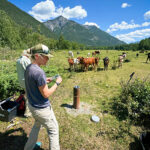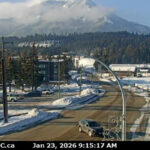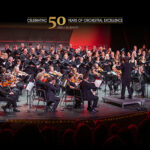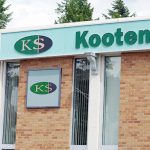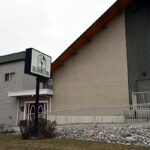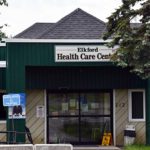Home »
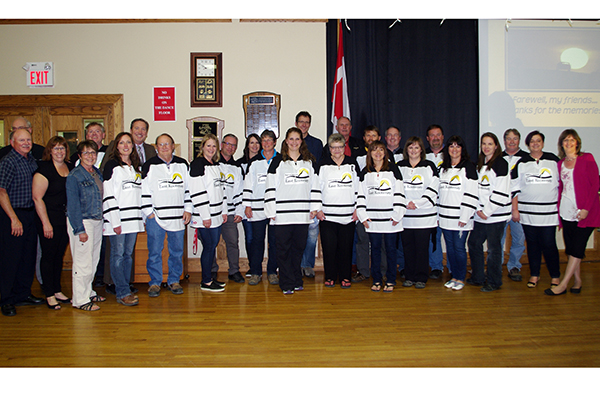
2016 RDEK board highlights
2016 was another dynamic year at the Regional District of East Kootenay and looking back, there are several highlights.
In May, we celebrated the retirement of our long-time and very successful Chief Administrative Officer (CAO) Lee-Ann Crane. Shawn Tomlin was named the new CAO by the Board of Directors and has transitioned into his new role.

In other staffing news, the board approved a six- year collective agreement with CUPE staff (Jan. 1, 2016 – Dec. 31, 2022), which includes an average wage increase of 1.7% per year. Other key features within the agreement include a commitment to a job evaluation plan, a benefits review plan, and changes to existing extended health plans.
In December, the board passed a resolution to raise the stipend for all Directors.
While the past few years have been busy on the emergency front, 2016 was a good year. We were well prepared and had no major fires or floods. We conducted a full-scale emergency exercise in the Elk Valley this fall and it was a tremendous learning opportunity for all. Between emergency responders, participating agencies, volunteers and emergency program personnel, we had over 100 people participate in the exercise. Our E911 fire dispatch service was relocated to Kelowna this year.

Our Planning and Development Services Department was busy updating a number of existing Official Community Plans (OCPs). Good progress is also being made working with local residents to develop the first OCP for the Jaffray, Galloway and Elko areas. Very few parcels of private land within the RDEK are not included in an OCP.
It was a very busy and productive year for our Engineering Services team.
We have largely completed Phase 1 of the West Fernie Servicing and Restructure project, which included installation of sanitary and storm-water sewer services and upgrades to the water system. The City of Fernie’s boundary has been expanded to take in approximately 130 homes in Phase 1 and they are now part of the City of Fernie. Phase 2 construction is expected to begin in 2017. Many other projects were completed on time and on budget.
Two other items of interest include work on the Fairmont Creek Debris Flow Mitigation project, and work on the Windermere Water project. Staff is currently investigating the possibility of purchasing Parr Utilities as a means of supplying treated water to Windermere.
Our Building and Protective Services forecasted a slight decline in building permit values in 2016 compared with 2015, and we did see a 10% reduction.
Our residents and visitors continue to enjoy our great outdoors. We have supported new and existing non-motorized trials, waterways, and parks.
In the Cranbrook area, the RDEK has provided financial support for washrooms and pier construction at Idlewild Park; approved funding to help compete the Cranbrook to Wardner section of the Trans Canada Trail (watch for the grand opening on July 1, 2017); and supported improvements to the NorthStar Rails-to-Trails.
In the Columbia Valley, construction is about to commence on the first phase of the Westside Legacy Trail.
All six RDEK Electoral Areas have a grant-in-aid fund. In 2016, a number of non-profit groups benefitted from these small ($500- $2,500) grants.
Some other highlights from the past year include enhanced support for the Highway 3 branding project, support for the implementation of the Agricultural Plan, an extension of the Columbia Valley Local Conservation Fund, the establishment of an economic development service in the Columbia Valley, and Provincial funding for wildfire protection treatments the Westview area near Cranbrook. Electoral Areas B, C, E, F and G have contributed to funding high speed Internet in the region.
Looking ahead, we are just beginning our annual budget preparations, and I do not foresee any major increases in property taxation for 2017.
We continue to build on our relationships with our First Nation neighbours and to look for opportunities to achieve our collective goals.
We hope to enhance our management of solid waste in the region and see greater diversion of the materials ending up in our landfills. Some concepts we are currently exploring include region wide composting and diverting a greater variety of consumer products such as mattresses, appliances, power tools, etc.
The RDEK is also working Multi Materials British Columbia to enhance that program’s service to our region.
A few other ongoing projects that we will continue to support in 2017 include: collaboration with the other Kootenay RDs and CBT to provide extension and education services to agricultural producers throughout the Columbia Basin; improved access to high speed internet for homes and businesses in our area; and, taking action on climate change to minimize local impacts.
We will endeavor to be leaders in energy efficiency to reduce greenhouse gases and will continue to look for innovative ways to implement projects to help protect our residents from the impacts of forest fires and floods.
As always, communication is important to us at the RDEK and we are committed to paying attention to our residents’ needs, enhancing our communication, and working proactively with those community groups who contribute to the quality of life we enjoy in the East Kootenay.
Lead image: RDEK staff, past and present, directors, friends and family gathered in June to bid a fond adieu to Lee-Anne Crane who retired as CAO. Ian Cobb/e-KNOW photo
– Rob Gay is Electoral Area C Director

